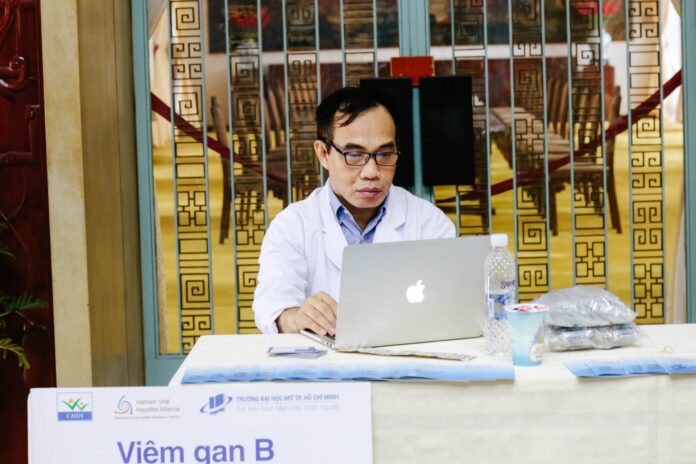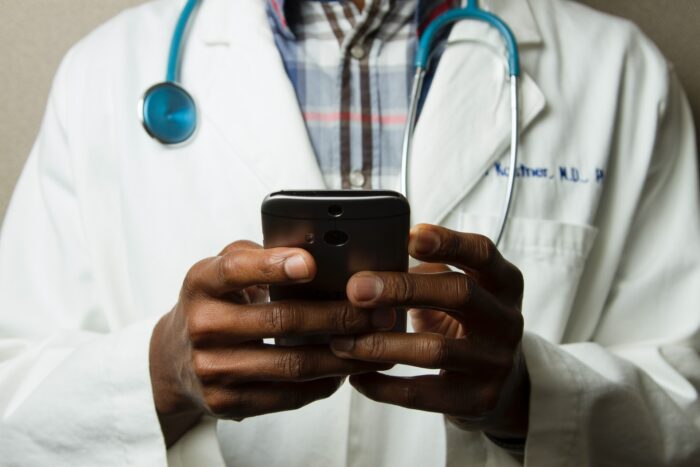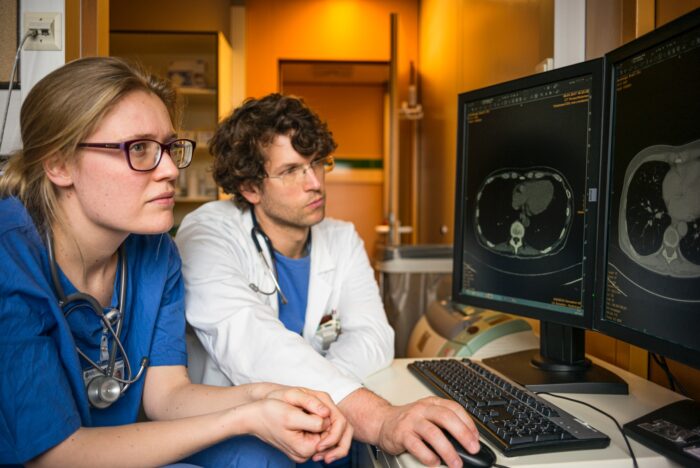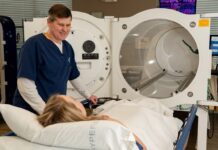
The advancement of technology changes every field and industry daily. With the new innovations, we are able to live better, happier, and safer lives. Some of the fields that noticed the biggest improvement from the tech advancement include health care and medicine. In this article, we are going to talk about some of the biggest innovations that changed these industries, and we will give you more information on how they improved patient care and quality of life.
Robotic prosthetics
There are millions of people around the world who need prosthetics, and in the not so recent years, only traditional prosthetics were available. Even though they did the thing they were supposed to do – replace a limb, they still weren’t functional and people were not able to use them.
With the advancement of technology, robotic prosthetics were introduced in medicine, and it allows users to mimic natural behavior. They are battery-powered, and with them, users can freely move their prosthetic limbs, walk, hold on to things, and just live a normal life.
It is said that these devices can easily be connected to today’s smartphones, and with them, control the range of motion and ensure natural movement.
Digital records

Every patient who goes to their GP for a checkup has a file. These files were usually hardcopy papers that needed to be scanned when the patient wanted a second opinion. In addition, when the doctor needed to get the file of their patient, they had to go through all the files they have and find the correct one.
This led to mistakes, errors, files being incomplete, or files being misplaced. Nowadays, all the patient files are digitized, and things can be found with just a simple click on the keyboard. Physicians are able to send files to each other, and they can pay close attention to all the symptoms the patent has.
This helps improve the overall healthcare, and it provides better service for the patients. In addition, doctors and general practitioners save a lot of time, and they can focus on more important parts of the diagnosis process.
Remote care

There are many patients who are not suffering from a life-threatening condition, but they need to be constantly monitored so that they stay healthy and well. This is especially important after serious surgeries when the patient is released to home care.
It is a known fact that patients cannot be held in hospitals for months unless it is really needed, but that does not mean that they have fully recovered before they were discharged. The health systems in most countries don’t allow doctors to go and visit the patient every single day, and not all people have the means to visit the GP office as frequently as they should.
When remote care was introduced, doctors were able to follow their patients’ recovery, monitor their vitals, and constantly communicate with them. The fact that you don’t need to leave your home for a non-urgent checkup gives a lot more freedom to patients and a lot more time to physicians.
Know that these inventions were created by people who saw the need for something new and better. Most of these things started with a random idea from a person who needed an improvement. According to Invent Help, you should learn more about the possibilities you have as a person with an idea. Everyone could become a part of the future, and if you have something that you think would change the world, you should go for it.
Functional Magnetic Resonance Imaging
This is one of the best inventions in recent years. Functional magnetic resonance imaging has revolutionized healthcare and medicine because it allows doctors and specialists to follow the blood flow in the brain.
By following the flow, and seeing everything that is happening inside the brain, specialists are able to detect issues, clots, and even the growth of brain tumors without having to do biopsies or other complex procedures.
It is said that this invention helped prevent strokes, seizures and that it is one of the best ways to detect the early stages of Alzheimer’s.
AI treatments and surgeries

Artificial intelligence has become a crucial part of medicine and healthcare. Nowadays, there are thousands of specialists that rely on AI to help throughout the whole process, starting from diagnostics, up to surgeries, and patient care and treatments.
Artificial intelligence and robots have not been introduced to heart therapy treatments, and they help patients recover after serious surgeries. In addition, they can be used during surgeries, and the way this is done is that the surgeon makes a small cut on the heart, and then guides the robot to the correct place inside the heart. The robot then performs the therapy from the inside, without endangering the life of the patient.
It is said that since AI was introduced to these therapies and surgeries, the whole process is less invasive, the recovery is much faster, and the surgery is far more precise. Human errors are decreased, and the patient doesn’t need to stay in the hospital for a long time for recovery.
These are just a fraction of innovations that have greatly improved medicine and health care. Know that every day we are introduced to better machines, equipment, and software that makes our lives better and easier.
All of these things were invented by people who realized what medicine was missing. It is said that no matter how much or little experience you have in the field, you could pitch in your idea with the professionals and help millions of people around the world. If you are looking to become an innovator, you don’t have to do much. Write down your idea, follow the progress of it, make sure you have all the documentation needed, and file for an invention. If you need help throughout it, you can easily reach out to a professional service that will help you and guide you. Or take a look at this list of vascular access companies as reference.
The inventions on this list changed the lives of millions, and we are grateful that we live in a time where technology is advanced enough to turn all our ideas into reality.








